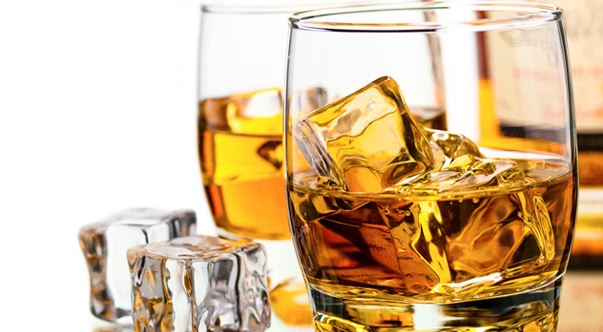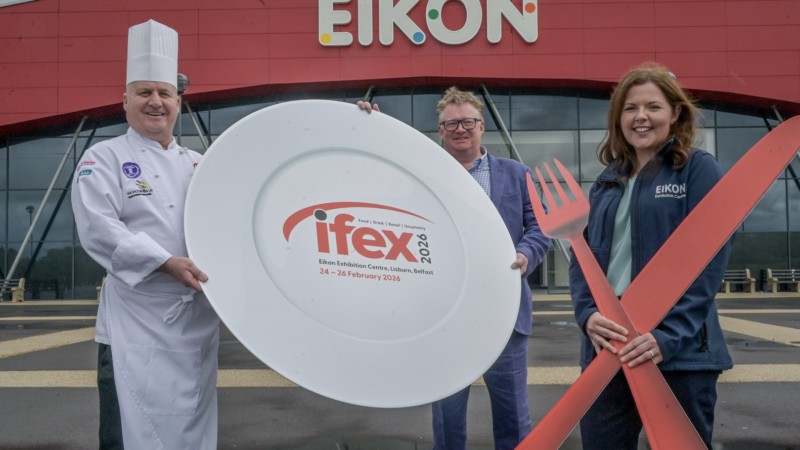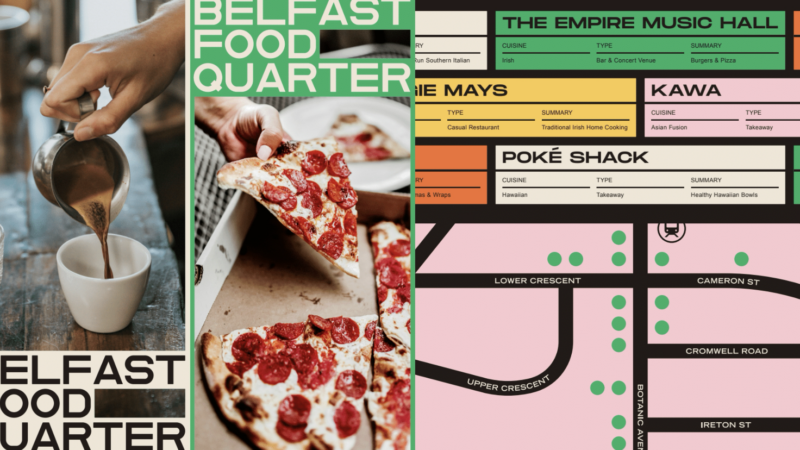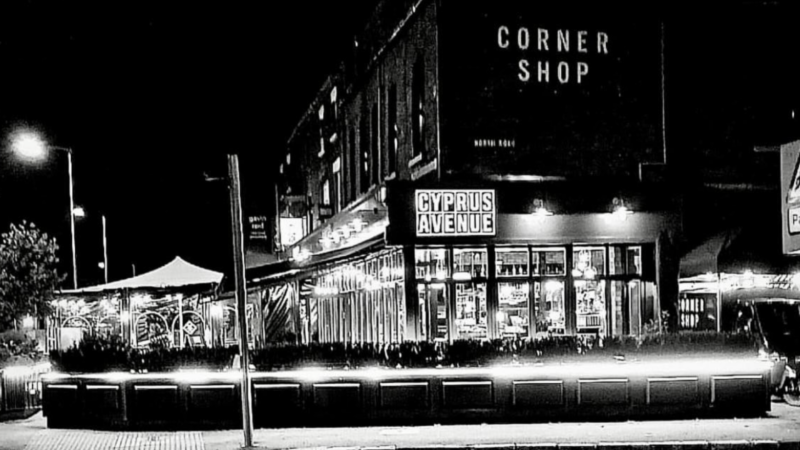Irish whiskey dearer at home than in Italy, finds study

Ireland’s high taxes mean drink is more expensive to buy in the Republic than abroad, the Drinks Industry Group of Ireland has revealed.
A study led by DCU economist Anthony Foley found that out of 28 countries, across the EU and UK, Ireland had the second highest overall rate among 28 included – with Finland in the top spot.
Responding to the findings DIGI chairman and corporate relations director at Diageo Ireland, Liam Reid, said the excise duty was “making us a far more expensive place to visit compared to other European countries”.
The research found that a 70cl bottle of Irish whiskey sold at an off-licence in Ireland is hit with an excise tax of €11.92, compared to just €2.90 for the same bottle sold in Italy.
Mr Reid added: “The Irish government takes approximately a third of the price of every drink purchased by a customer in a hospitality environment, money that could otherwise be invested by the business in maintaining employment, new staff, new premises, new technology, and new products and services
‘Central to communities’
“The French and German governments, as well as many others in Western Europe, such as Italy and Spain, recognise that their drinks industries are major employers, generate huge amounts of revenue for the economy through export and tourism, and are central to local communities and national heritage and culture.'”
The study also found that 15 of the countries it looked at included in the study do not charge any excise tax on wine, including major producers, Italy and Spain.
In response, DIGI called for the Republic’s Government to reduce excise duties on beer, cider, wine and spirits by 7.5% in October’s budget, “beginning a process to bring Ireland’s rates into line with other European countries”.
“If we truly want to rebuild and reinforce the industry and ensure that it has the capacity for growth for years to come, we need to work towards a bold new vision: to create the best drinks and hospitality industry in the world,” Mr Reid added.
“That requires removing obstacles and using the economic instruments of the State to stimulate a sustainable recovery.”
Sign up to our newsletter and get all the latest LCN content here >>>http://eepurl.com/deVW







